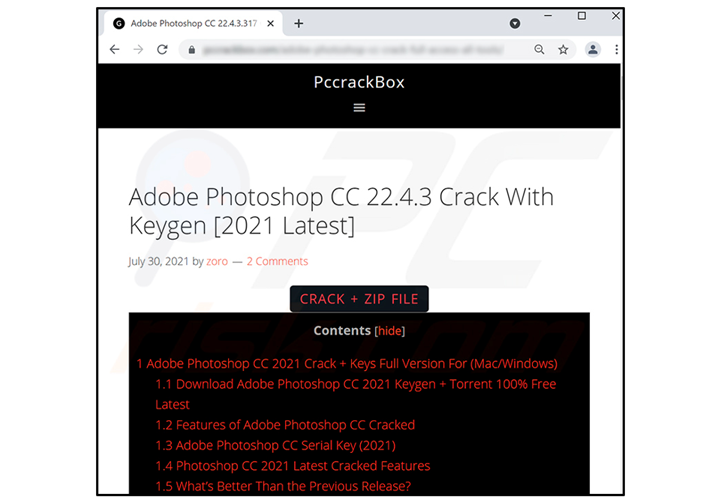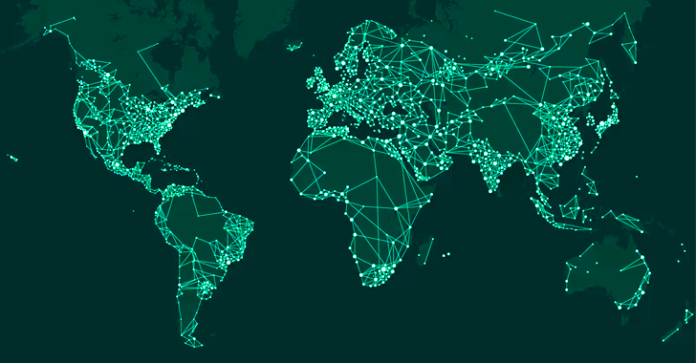Google on Wednesday said it obtained a temporary court order in the U.S. to disrupt the distribution of a Windows-based information-stealing malware called CryptBot and “decelerate” its growth.
The tech giant’s Mike Trinh and Pierre-Marc Bureau said the efforts are part of steps it takes to “not only hold criminal operators of malware accountable, but also those who profit from its distribution.”
CryptBot is estimated to have infected over 670,000 computers in 2022 with the goal of stealing sensitive data such as authentication credentials, social media account logins, and cryptocurrency wallets from users of Google Chrome.
The harvested data is then exfiltrated to the threat actors, who then sell the data to other attackers for use in data breach campaigns. CryptBot was first discovered in the wild in December 2019.
The malware has been traditionally delivered via maliciously modified versions of legitimate and popular software packages such as Google Earth Pro and Google Chrome that are hosted on fake websites.
What’s more, a CryptBot campaign unearthed by Red Canary in December 2021 entailed the use of KMSPico, an unofficial tool that’s used to illegally activate Microsoft Office and Windows without a license key, as a delivery vector.

Then in March 2022, BlackBerry disclosed details of a new and improved version of the malicious infostealer that was distributed via compromised pirate sites that purport to offer “cracked” versions of various software and video games.
The major distributors of CryptBot, per Google, are suspected to be operating a “worldwide criminal enterprise” based out of Pakistan.
Google said it intends to use the court order, granted by a federal judge in the Southern District of New York, to “take down current and future domains that are tied to the distribution of CryptBot,” thereby kneecapping the spread of new infections.
To mitigate risks posed by such threats, it’s advised to only download software from well-known and trusted sources, scrutinize reviews, and ensure that the device’s operating system and software are kept up-to-date.
The disclosure comes weeks after Microsoft, Fortra, and Health Information Sharing and Analysis Center (Health-ISAC) legally joined hands to dismantle servers hosting illegal, legacy copies of Cobalt Strike to prevent the tool’s abuse by threat actors.
It also follows Google’s endeavors to shut down the command-and-control infrastructure associated with a botnet dubbed Glupteba in December 2021. The malware, however, staged a return six months later as part of an “upscaled” campaign.
Source: thehackernews.com










